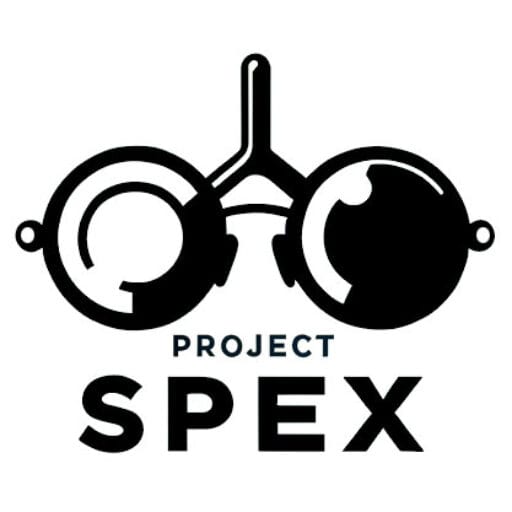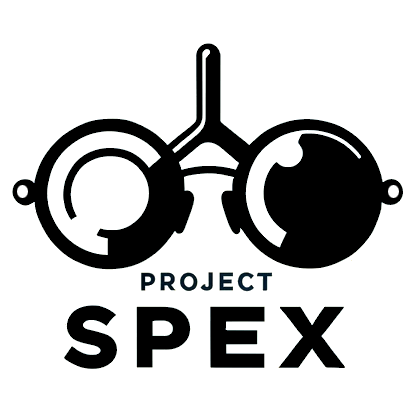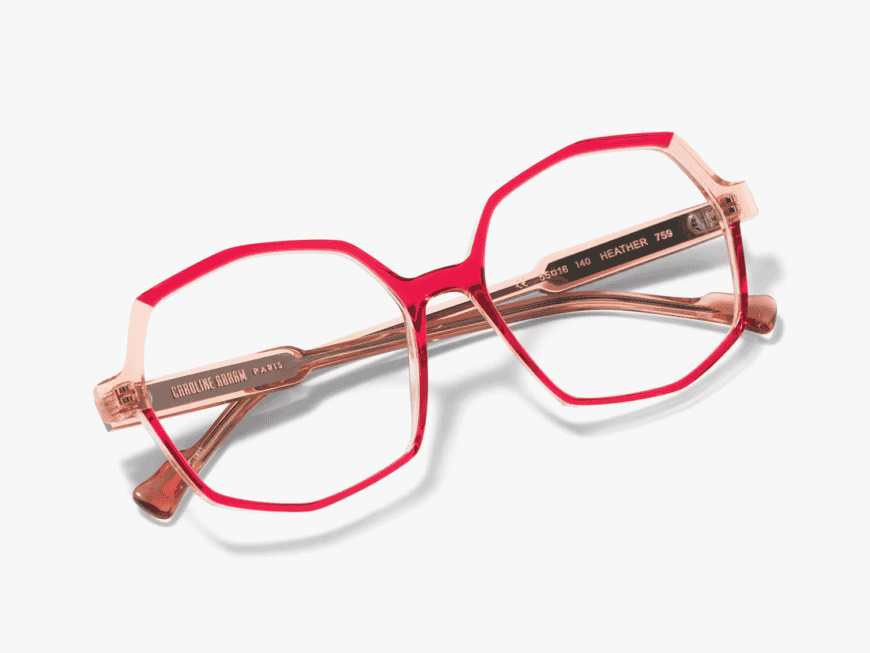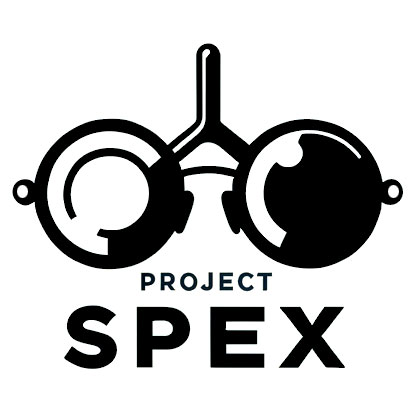Why Does It Take Time to Adjust to a New Prescription?
When you receive a new prescription for eyeglasses or contact lenses, your eyes and brain need time to adapt to the changes in vision. Even a small adjustment in lens power or switching to a different lens type can affect how your eyes perceive the world. Your brain needs to process these changes to provide a clear image, which can take some getting used to. For most people, the adjustment period is just a few days to a couple of weeks, but the timeline can vary depending on the prescription strength and any changes in lens type.
What Can You Expect When Adjusting to a New Prescription?
During the adjustment period, it’s common to experience some visual disturbances. You may notice things look a little off, blurry, or even distorted at the edges of your lenses. Some people can experience headaches, eye strain, or dizziness as their eyes work to adapt. It’s also possible to have issues with depth perception, making everyday tasks like walking down stairs or pouring a drink feel different. These symptoms are typically mild and tend to fade as you get accustomed to your new prescription.
How Can You Adjust to Your New Glasses Faster?
To adjust to your new prescription quickly, it’s important to wear your new glasses or contacts as much as possible. If you wear them sporadically or switch back to your old lenses, it will take longer for your eyes to adapt. Consistent use helps your brain process the new visual input and makes the adjustment period smoother.
Additionally, taking short breaks can help reduce eye strain. If you’re feeling particularly uncomfortable, give your eyes a rest by closing them for a few minutes or looking at something in the distance. This allows your eyes to relax and helps with any tension you may be feeling from the adjustment process.
What If You’re Switching to Progressive or Multifocal Lenses?
Switching to progressive or multifocal lenses requires a different adjustment process compared to single-vision lenses. These lenses have multiple vision zones, meaning you’ll need to learn how to use different parts of the lenses for different tasks. Consider reading our dedicated article if you’re specifically looking for help adjusting to new progressive lenses.
How Can You Prevent Headaches and Eye Strain?
Headaches and eye strain are common symptoms when adapting to a new prescription. To minimize these issues, make sure your glasses fit properly on your face. Frames that sit too low, too high, or press too tightly on your temples can cause discomfort. Visit your optician for adjustments if your frames aren’t sitting comfortably or if they slide down your nose frequently.
It’s also essential to practice good eye habits, such as taking breaks from screens, blinking regularly, and adjusting your lighting when working or reading. Proper lighting reduces glare and helps prevent additional strain on your eyes, making the adjustment to your new lenses easier.
When Should You Be Concerned About Your New Prescription?
If you’re still experiencing discomfort after two weeks or your symptoms seem to worsen, it’s a good idea to contact your eye care professional. Blurriness, dizziness, headaches, or nausea that persists or becomes more severe could indicate that your prescription needs to be adjusted, or your glasses are not properly fitted. It is also possible that your eyes may be particularly sensitive to a new type of lens material or coating. Your eye care provider will be able to assess whether the prescription is accurate and make any necessary adjustments to your lenses or frames to improve your comfort and vision.
What Should You Do If You Experience Severe Symptoms?
Severe symptoms like extreme dizziness, intense headaches, or nausea should not be ignored. These symptoms may indicate that the prescription is not correct, or there may be another underlying issue with your eyes. In these cases, remove your glasses or contacts and rest your eyes, then reach out to your eye care professional as soon as possible. They can reassess your prescription and address any issues to ensure that your new eyewear provides comfortable and clear vision.
Discover independent eyewear with Project Spex. Every Friday, we deliver the latest in collectible eyewear and your favorite independent designers.
Sign up now and never miss a thing!
About The Author:

Will Benjamin is an advocate for independent eyewear and one of the driving forces behind Project Spex. With a passion for unique, collectible, and limited-edition eyewear, Will aims to inspire people to build their own collections through Project Spex, while supporting the success of independent opticals.


